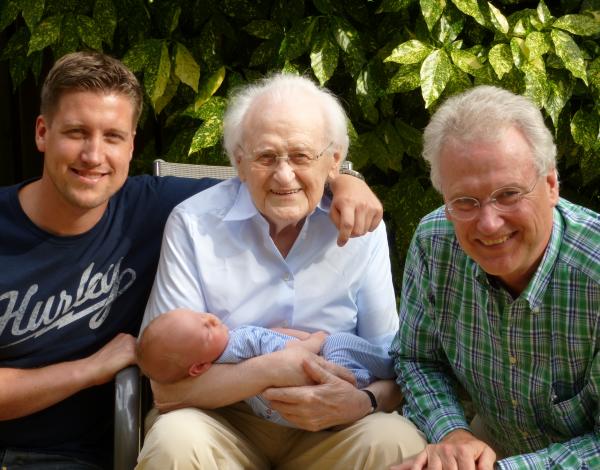A living trust is made while alive and goes into effect immediately upon signing. If the maker is also the trustee and the beneficiary, he or she can do whatever he or she wants with the property in his or her trust during their lifetime. If the maker becomes incapacitated, the backup or successor trustee can use the assets in the trust for the maker’s care. Upon the death of the maker, the living trust then operates like a will. The successor trustee distributes or retains the trust assets as the maker has directed in the trust without the involvement of the probate court.
Advantages of a Living Trust
- Privacy - The terms of the trust remain private and only the beneficiaries are entitled to know the terms. A living trust is not required to be filed with the probate court and therefore, the terms of the trust are not made a public record that the whole world can view.
- Lower Cost - The cost to administer a living trust upon the death of the maker is usually lower since there is no probate court filing required.
- Speed of Asset Transfer - A trustee may begin making distributions of assets to beneficiaries shortly after the death of the grantor.
- Creditor Protection Upon Death - A trust can provide protection from creditors of your estate. In Ohio, unsecured creditors (i.e., credit cards, student loans, business debt, and medical debt) attach to your probate estate. If your assets do not go through probate, but instead are transferred via a living trust, unsecured creditors are unable to reach your assets. (NOTE: Creditors can reach your assets in your revocable living trust during your life, or if there is a lawsuit pending prior to your death, or the debt is secured by property, such as a mortgage).
- Avoidance of Multiple Probate Proceedings - If homes or other real property are owned in a number of different states, a living trust may be especially useful for avoiding separate probate proceedings in two or more states.
- Incapacity - If you become incapacitated, the trustee can use your trust assets to provide for your care and you can avoid the need for a guardianship.
 Disadvantages of a Living Trust
Disadvantages of a Living Trust
- Preparation to Properly Title Assets - To avoid going through probate, your assets need to be titled in the name of the trust or have a person or the trust named as the beneficiary on your death. There is work required during your life to ensure the assets are properly titled.
- Costs - The cost to establish a living trust is more than the cost of creating a will. Although there can be significant cost savings on administration after death, there will still be some costs.
- No Court Review - Generally, the administration of a living trust will not be supervised by any probate court except in very unusual circumstances. The trustee appointed will not be subject to oversight by a judge for the honest and accurate distribution of assets unless a beneficiary files a lawsuit. Accordingly, an individual should have a high degree of confidence in the person whom he or she names as trustee.
Myths About Revocable Trusts
- Save on Income Taxes - A revocable trust will not save on income taxes. The income of the maker of the revocable trust is taxed the same as if there was no trust.
- Protect the Assets From Creditors - A revocable living trust will not protect the maker’s assets from claims by his or her creditors. If the maker has control and access to the assets, his or her creditors can reach them as well.
- A Revocable Trust Will Protect the Assets From the Nursing Home - Putting assets in a revocable living trust will avoid probate, but the assets in a revocable living trust are still countable resources for purposes of Medicaid qualification. The assets in the revocable living trust are treated just the same as if they were owned by the grantor.


